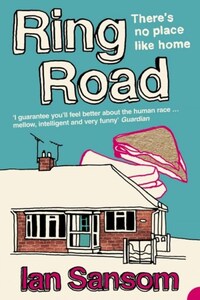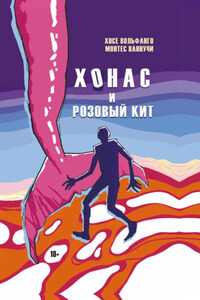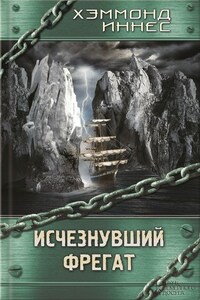We were under a motorway bridge to get out of the rain and Dad came out with his favourite phrase: ‘We’ll rig something up, son.’ I was about eight, I think. We were on a family trip to London and the windscreen wipers had just given out. ‘We’ll rig something up,’ he said, and that’s what he did. Twenty minutes later we were back on the M1 southbound with the wipers flip-flopping across the windscreen. It’s just that this time they were powered by a length of string fed into both back windows. My brother and I pulled as my sister called time.
As a feat of engineering this wasn’t much to shout about. But that’s not the point. Some string and a few knots had changed our world. Out of a crisis we’d conjured an adventure. We now had windscreen wipers with voice-operated variable speed control, and it felt good.
Dad was like a lot of dads back then; they had DIY in their DNA. They’d take a car engine to bits on the drive and collect miscellaneous odds and ends in jam jars (typically Araldite and string, batteries and radio parts, curtain hooks and electrical solder). Dad even had an extra special premium selection in his bedside drawer, a shrine to his life’s big purpose: fixing things.
There’d be no point trying to emulate these old-fashioned can-do dads today; they’d been schooled since childhood in improvisation and making do. When their bikes got a puncture they didn’t use a tyre lever to ease the tyre off the rim; they used a spoon. Dad’s puncture kit was three spoons wrapped in an oily rag, like a mechanic’s wedding present. By the time they had kids of their own these dads could wrestle a tyre off a bicycle wheel with their bare hands. They were masters of the universe, lord of all physical forces, and they could fix anything, all before teatime too.
When I became a dad I felt I should get a piece of the same kind of action. I dabbled a bit; I had my own collection of Ikea spanners and kept a small screwdriver and a key for bleeding the radiators tucked away in my socks drawer. But this was small time. Really there’s no way in the world I was going to spend a precious Saturday stripping down a carburettor or build a collection of washers that would fill several jam jars. It just wasn’t me. So I found myself thinking back, rerunning my all-time favourite Dad story. And looking again at what happened on that rainy motorway, the answer struck me, like a piece of self-help from the days before airbags.
You see, although the wipers were working again, Dad hadn’t really fixed anything. He’d just side-stepped the problem. Armed with nothing but a ball of string, he showed the world who was boss. The message was clear: make stuff happen, and if it happens to you first then do something back. Oh, and keep a ball of string handy at all times.
Dad’s rigged-up contraption had led me into the territory where simple always wins. In the age of digits and downloads here’s a place where avoirdupois and analogue still hold sway, where a father and son can reconnect to the big stuff that controls our universe. The tricks and dodges in this book are my personal doorway into this Lost World.
Come and join me in the land where string is king.
THE PARABLE OF THE IPOD AND THE ONION
It was a huge viral video hit. People couldn’t get enough. It showed you how a guy had charged his iPod by sticking the USB recharger in an onion left overnight in some Gatorade (a lurid blue “sports drink”). That’s bloody brilliant, I thought. So did thousands of others. It felt fabulous. It was a huge hit. Most views of the week. Hey everyone! You can charge your iPod with a vegetable! Onions 1, Apple Inc. 0.
But something didn’t add up. It doesn’t work.
Initially this is disappointing news. But what really matters is the groundswell of glee that greeted the very idea. Gatorade contains ‘electrolytes’, so it had a ring of credibility. Sticking a USB connector into an onion, though? Do you really think so? ‘Course not. Yet, logic aside, tens of thousands of people were prepared to believe. It was an article of faith.
What this reveals is a longing for an elemental simplicity to deliver us from all of life’s frustrating fiddly bits. We want muddy truth to triumph over the modern world’s incomprehensible complexity. This book offers some suggestions as to how it can. Only none of them involve an onion; sorry…








